Enhancing a faculty and college of the first class
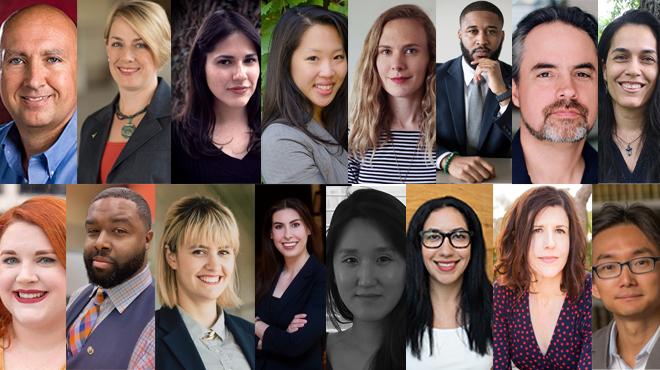
The Moody College of Communication believes in providing exceptional educational experiences for every student and breaking new ground through innovative research and creativity.
Since Fall 2018, through strategic growth and targeted areas of recruitment, more than 40 new full-time faculty members have joined and enhanced Moody College, including 16 new full-time appointments this year, 15 of whom will start in Fall 2020.
“Our culture of exceptional teaching, scholarship and leadership is strengthened by opening up to new perspectives and methodologies,” Dean Jay Bernhardt said. “We welcome these innovative researchers and practitioners who have a passion for working from diverse perspectives, and then translating that insight and outlook into valuable lessons for our students and society.”
Several new hires will take on significant leadership roles within the college. Cutting edge research and underrepresented areas of inquiry will also be focus areas. Additionally, faculty members recruited as part of cross-unit cluster hires will work to increase interdisciplinary innovation and collaboration across campus.
“No other college or school of communication in the world has attracted this level of diverse talent to their faculty as we have in the past few years,” Bernhardt said. “Combined with our existing world-class faculty, staff and students, Moody College is well-positioned to remain at the very top of our fields and disciplines for decades to come.”
In their own words, Moody College’s newest faculty members express their passions and purpose for participating in higher education.
Department of Communication Studies
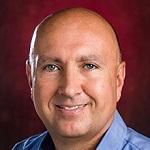
Craig Scott, Ph.D.
Professor
Department Chair
There is something powerful about being able to discover new knowledge through research and to help students discover knowledge that they can use in their lives.
I study a range of issues related to organizational communication. For example, I study hidden organizations and problematic aspects of workplaces in the digital age--which led directly to a course I developed on the Dark Side of Organizations.
My interest in organizational communication, which is often an applied area of study, has also helped me think about how assignments and activities in class can be applicable for students in their personal and professional lives.
I was here from 1995-2006 as an assistant and associate professor before pursuing opportunities at Rutgers University. Coming back, Moody College is an even more dynamic place. I'm excited to be part of that and hopefully add to it.
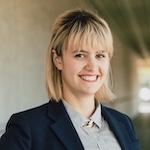
Laura Brown, Ph.D.
Assistant Professor of Practice
Director, UTNY Program
I’m drawn to the interdisciplinary nature of Moody College and the UTNY Program. I like the idea of individuals working in and studying different disciplines coming together to live the core values of the college.
Because of my training as a social scientist, I prefer to rely on evidence-based teaching strategies. Diversity, inclusion and equity are topics I engage with in every class I teach, and my research focus on difficult conversations and communication strategies helps me facilitate robust discussions.
Some of my favorite things about teaching undergrads is their curiosity and their energy. My hope is that all of my students—former and future—know that I am here not only as their instructor, but also as someone who is always willing to listen and help them dream big.
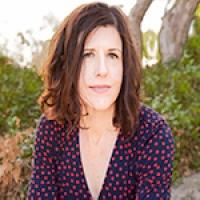
Stacey Sowards, Ph.D.
Professor
For as long as I can remember, I wanted to be a teacher because I always saw education as a path to life success. When I was in college, I had planned to be a high school math teacher. Because I was on my college debate team, my coach suggested I pursue a master’s degree in communication.
Since then, I have found that studying communication practices in the world have led to a deeper understanding of the racial, gendered, language and classed politics of marginalization and standing in various communities, states and nations in the world.
My field work over the past 25 years in Indonesia has significantly changed how I think about the world, and I try to incorporate that into my teaching. For many years, I led study abroad programs in Indonesia, introducing students to Indonesian languages, cultures and environments. I hope that I can share what I have learned and studied with my students, so that they can become engaged world citizens, lifelong learners and better critical thinkers.
Stan Richards School of Advertising & Public Relations
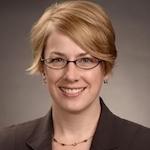
Cassandre Giguere Alvarado, Ph.D.
Professor of Practice
Associate Dean for Undergraduate Education
I am a proud Moody College graduate so the opportunity to return to my alma mater was one that I could not pass up. The experiences I had both inside and outside the classroom as an undergraduate shaped so much about who I am today, so I wanted to give back to the next generation of students.
I started my undergraduate career wanting to tell stories and to shape our understanding of critical issues through the lived experience of those involved. That has evolved into my work now, trying to understand the experiences of college students and how universities can create success for their students.
My classroom is a lot like my research – I value listening to students tell their own stories, and I seek to help them make sense of their own story in the context of the course. At my core as an educator, I want to help students graduate and find their passion, just like I did.
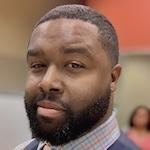
Sean Upshaw, Ph.D.
Assistant Professor
My interest in higher education comes from mentoring. During both my undergraduate and graduate experiences, I received excellent mentoring from distinguished scholars whom I am happy to call colleagues. My greatest hope in helping students achieve their goals is to demonstrate how and why creativity is an essential tool for academic and professional success.
Creativity grants an individual permission to showcase and own their skills, which can empower others. Students challenge me by questioning my perspective on a variety of topics. To me, questions grant me a chance to connect and embrace viewpoints different from my own that can also empower me.
I aspire to learn, contribute and grow as a new faculty member in the Moody College community. Learning how the university impacts not only its students but the entire community is crucial for me to maintain this momentum.
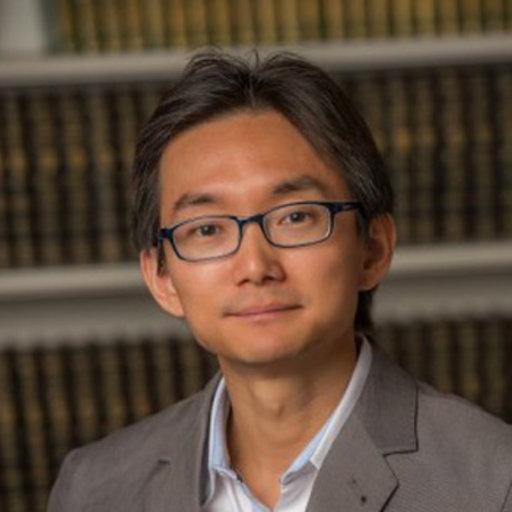
Guan-Soon Khoo, Ph.D.
Associate Professor of Instruction
I come from an eclectic liberal arts background, so I'm thrilled to be in a college that brings together a wide range of passionate communication scholars and teachers. I have taught a range of courses in the past 10 years, from film to media effects and research methods, so I look forward to continuing to learn and teach new topics and interact with the unique and diverse student population.
I also hope to continue my research in the social and psychological effects of media, particularly the impact of somber films, and contribute new research observations and knowledge in catharsis theory and the study of complex emotions while engaging narrative entertainment.
School of Journalism and Media
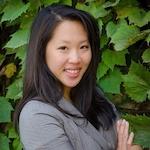
Jo Lukito, Ph.D.
Assistant Professor
I was interested in being part of Moody College because of the relationship between industry experts and academic scholars. This combination encourages work that identifies social problems and can test solutions.
My Ph.D. minors are in political science and English linguistics, and my work relies on advancements in computer science and computer engineering, so I am eager to encourage interactions between departments across the humanities, social sciences and STEM fields.
My research is at the intersection of computational sociolinguistics and global political communication. The former (computational sociolinguistics) brings out my passion for skills-based courses, including programming courses and grammar courses. As a professor, I want to encourage students' passion for media production and academic writing. I believe strongly in public scholarship, and I want to help students become strong writers, thorough researchers and inquisitive data investigators.
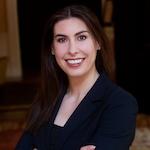
Rachel Davis Mersey, Ph.D.
Professor
Associate Dean for Research
Building connections at the nexus of scholarship and professional practice is the foundation of my research agenda and my teaching.
My research aim is to understand how and why individuals consume or avoid media experiences, and then craft media products that encourage pro-social behavior. In my teaching, I rely on what I know about audience development to help students build a framework to understand new technologies, content opportunities and relationship-building with journalism and media audiences.
The most important thing that students bring into my classroom are their voices. I learn from their diversity, their perspectives, their lived experiences. I aim to guide them in how they think about sharing themselves—whether in front of the camera or behind it; in written or spoken words; in images, memes, emojis, bitmojis or animations. Seeing the work they eventually produce is the greatest reward of being a faculty member.
Department of Radio-Television-Film
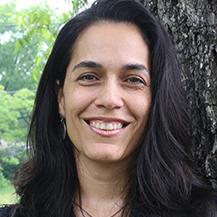
Mirasol Enríquez, Ph.D.
Assistant Professor of Instruction
Acting Director, Latino Media Arts & Studies Program
As scholars, we work with all of these theories and methodologies that are biased along the lines of race, gender and so many other things. In our eagerness to recover one history, it can be all too easy to marginalize another. So I ask my students to consider not only who’s telling the story and how it’s being constructed, but also how our own privilege in the academy can function to perpetuate inequality.
I encourage them to really listen to each other and to think about how we can create new language and frameworks that bring marginalized histories to the fore.
I am thrilled to have the opportunity to teach classes that I wish had been offered when I was beginning my academic career. Having the opportunity to take a class with 30 other students who are excited to talk about Chicana/o cinema or Latina feminisms and media would have helped me find my way to film and media as a career even earlier in life.

Mira Lippold-Johnson, MFA
Assistant Professor of Practice
Director, UTLA Program
Moody College feels like home to me. I got my MFA from the RTF department not so long ago, and it was during my time in graduate school that I discovered how much I loved teaching. The values I learned as a student in the school – hard work, iterative practice, collaboration and critical thinking – have become my values as a teacher.
When a student walks into a classroom, they implicitly open themselves up to the possibility of transformation. They agree to take in new information, to listen to other points of view, to put in the work to improve their understanding or skills. I’ve always loved being a student, and I want to maintain that kind of open mentality within myself, but I also want to help create that for others.
My goal for UTLA students is that they come out of the program with a deep understanding of the entertainment industry – the kind of understanding that will empower them to make decisions about how they want to build their own careers within it.
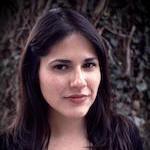
liana Sosa, MFA
Assistant Professor
Working in both documentary and narrative fiction has allowed me to approach teaching in a multifaceted way. I like to integrate both documentary and fiction elements in my teaching.
I enjoy listening to students’ perspectives and find their questions and insights inspiring. They make me see film in a different way, and that is one of the greatest joys of teaching.
I want to help students think outside the box and expose them to different ways of thinking about filmmaking. I would like to expose students not only to the art of film but also give them the space to think about their role and how they engage with the practice of film.
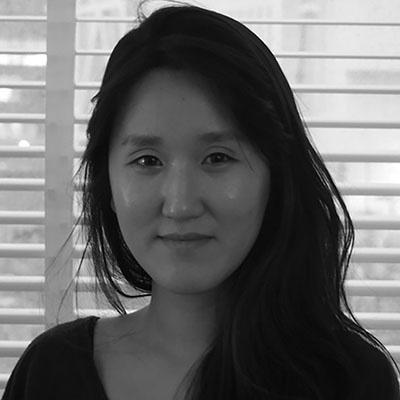
Sarah Seulki Oh, MFA
Assistant Professor
I was drawn to Moody College because it is a community of talented individuals who have a will to jointly change the world through creative storytelling. Stories provoke conversations to help trigger a shift in values and mindsets.
The industry is constantly evolving, and there are so many avenues for creating content, with a wildly diverse audience to consume it. I hope to inspire collaboration that will lead to innovative development of creative storytelling within Moody College, where diverse mediums of communication are practiced and celebrated.
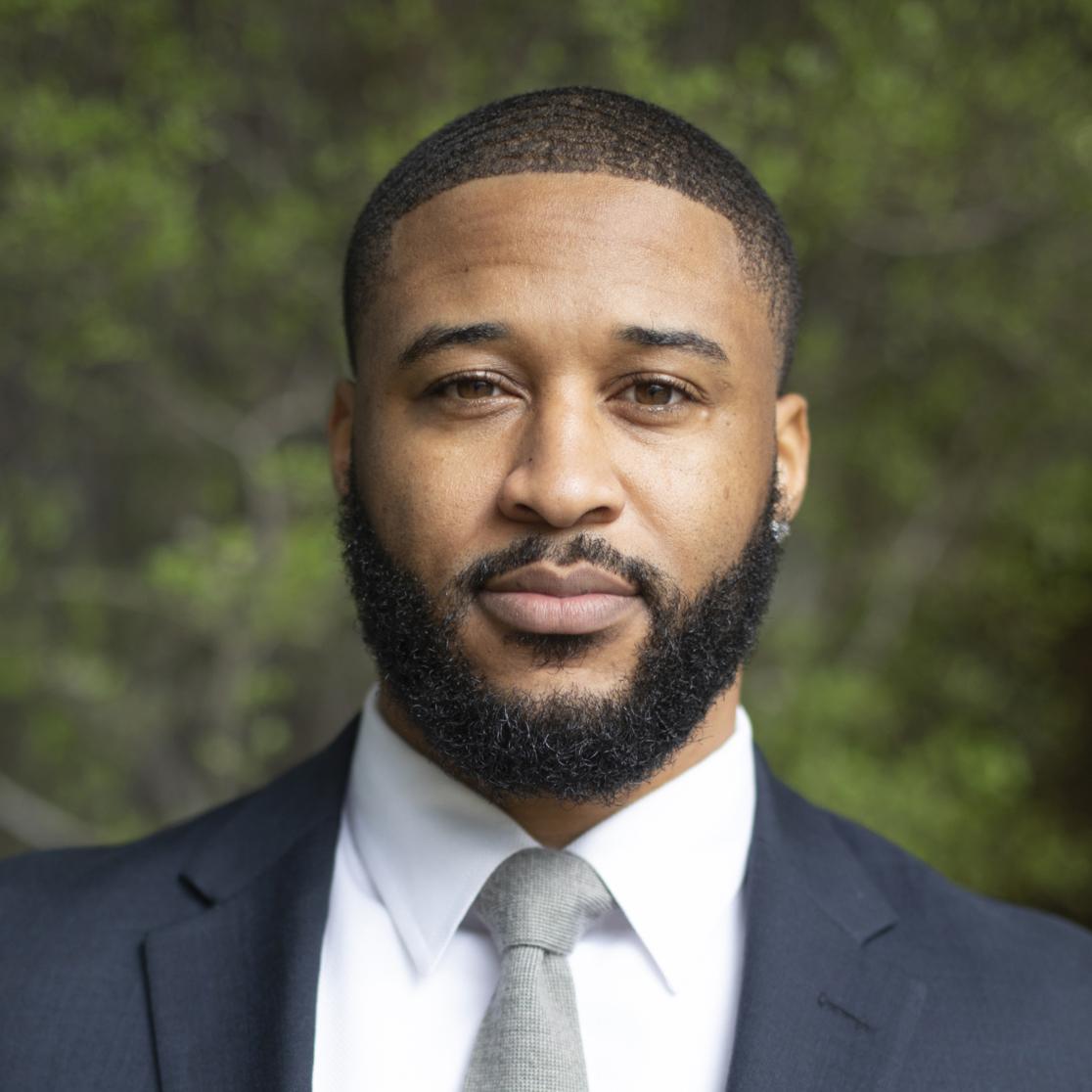
Adrien Sebro, Ph.D.
Assistant Professor
My interest in education was sparked by having a remarkable professor. She taught me how I can turn things I value and enjoy into scholarly work and research. I hope to offer these same tools to my students to enhance their understanding of the world.
My students and I grapple with the politics of representation that media powers tend to show us. Popular understandings of race, gender, sexuality and socioeconomics are all revealed in varying forms of popular culture and media.
Media can be read differently based on the viewer, and with its political power, media representation can lend to ongoing discussion and alternative readings that are productive to inclusive conversation.
Moody College has offered me a space to fully develop a curriculum that focuses on studying media and popular culture in general, and Black media and popular culture specifically. Moody College’s amazing student base, faculty and staff have supported me in this development.
Department of Speech, Language, and Hearing Sciences
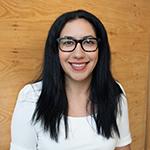
Stephanie Grasso, Ph.D., CCC-SLP
Assistant Professor
In the Department of Speech, Language, and Hearing Sciences, we are preparing future clinicians to go into the world and serve individuals with a variety of communication disorders. As clinicians, we rely on research to guide our clinical practice so that it is based in evidence. For that reason, it’s crucial that individuals included in research reflect the diverse world in which we live.
The majority of research addressing the characterization and treatment of individuals with communication disorders has been conducted in monolingual English speakers. Having grown up in a bilingual environment, a major source of my curiosity comes from the disconnect that I’ve observed between the available evidence and the needs of the community.
As a clinician-scientist, it’s important that my research be applicable to the broader population and guides clinical decision-making in culturally and linguistically diverse populations. I hope to inspire students to view their own diversity as an asset that will facilitate their ability to serve a variety of clients and improve care for underserved populations.
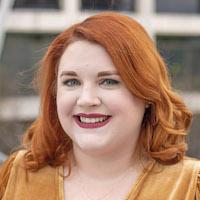
Monike Garabieta, MS, CCC-SLP
Clinical Assistant Professor
Because speech-language pathologists have the unique position to positively change someone’s life, clinical practice is directly translated to the way that I teach. I want to ensure that students seamlessly take information from the classroom to various clinical settings and real-world situations.
Our students are some of the most intelligent and capable in the nation, and they also contribute to the creativity that is a huge facet of Moody College. The ability to “think on your toes” is essential in clinical practice. That creative skill includes realizing something isn’t working, throwing plans out the window and re-working ideas mid-stream to better support the client and the situation.
I want to inspire my students to continuously learn and serve by guiding them to empathetically address clients, families and communities. That means learning how to have difficult conversations, always considering functional needs and finding the bright spots in an ever-evolving practice.
Note: Additional full-time faculty hires will officially be featured closer to their start dates.
